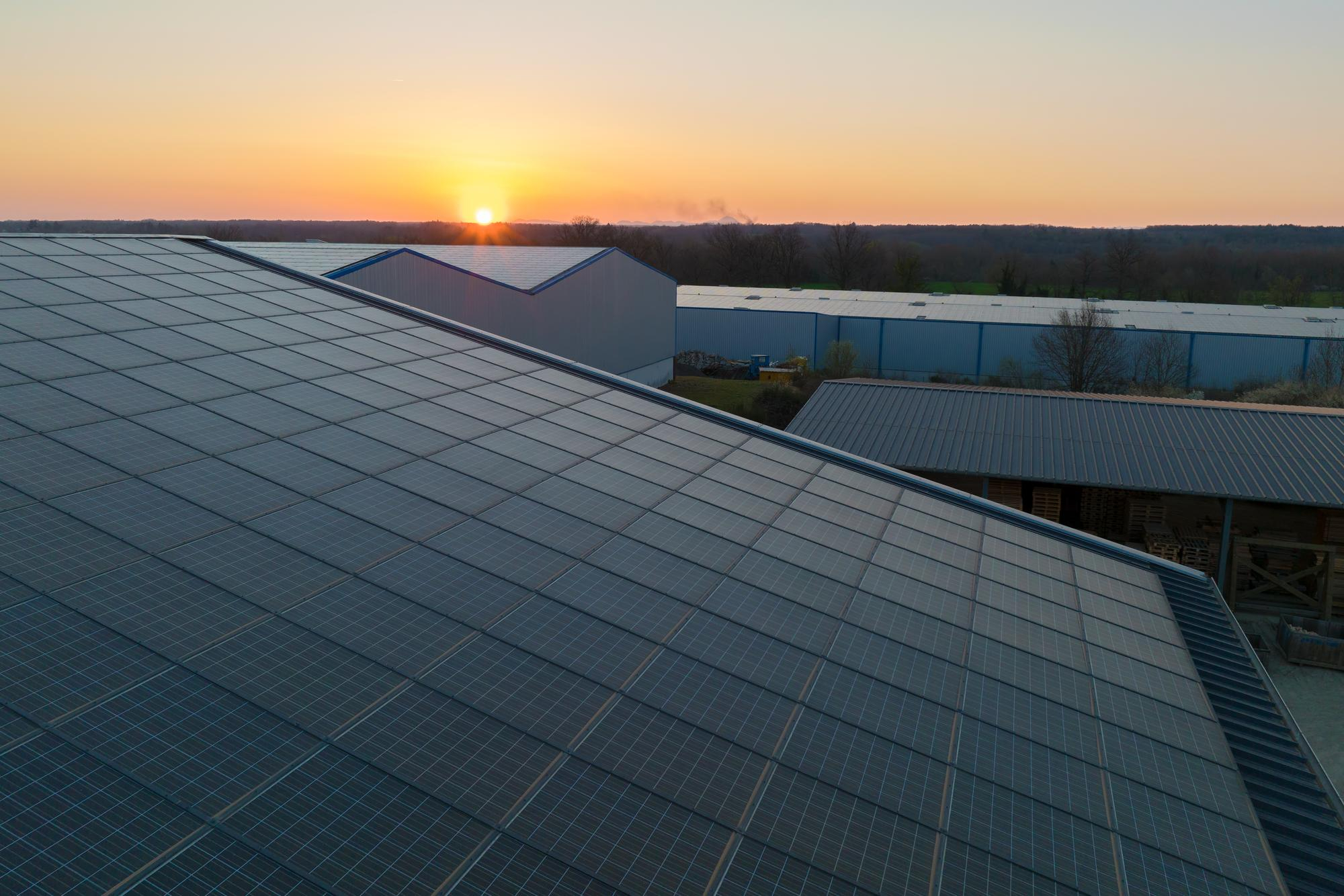Bringing together multiple renewable energy strategies can deliver a future-proofed transition to net-zero for many organisations, but what is the best strategy?
In an ideal world, the common decarbonisation strategy would derive using district heating networks, solar PV, heat pumps, etc. However, these solutions are often not viable for rural locations, and congested city centers with no grid capacity.
In addition, the use of Combined Heat and Power (CHP) systems are proving it more challenging to strive towards net-zero. However, if you are a commercial estate that own’s a CHP there is a wider strategy on offer to phase out your CHP with the use of heat pumps.
The balancing of existing systems with a strategic phasing plan will prove essential in limiting the risk surrounding fossil fuel transitions, whilst also providing grid independency to an organisation.
Grid-dependency is the desired state which secures overheads for an organisation, and removes all financial risk associated with rising energy tariffs.
Recent times has shown business suffer due to having no strategy in place for decarbonisation and are subject to the large price increases associated with Fossil Fuel and electrical grid connections.
The first steps to creating a net-zero strategy for your estate are to:
- Collate all the estate’s half-hourly energy data, (Gas & Electric).
- Consult in installing an intelligent metering strategy to monitor your energy usage.
- Consult in reviewing your existing building management system (BMS) efficiencies, with a complimentary health check.
The above three simple steps will enable a commercial business to take the first steps in decarbonising the estate.
Whilst every decarbonisation strategy is different, at C3 Group we take sustainability consulting seriously and create strategies/developments based on the business’ needs and redundancy requirements.
Recent developments have shown an average investment rate of return (IRR) of 8 -10 years, based on the current projections of LPG and electrical grid connections. This IRR is based on the use of intelligent control strategies surrounding the use of heat pumps, solar PV, and battery storage.
This decarbonisation strategy example gives an estate complete grid-dependency, mitigating risk across the estate and securing overheads for 30-35 years.
However, this strategy is a high CAPEX value and is not viable for the common business model. Wider phasing strategies are required to enable a progressive approach to enable net-zero whilst being mindful of cash flow.
These strategies are created by C3 Group to create a stable financial model, energy strategy, and RIBA stage design. This gives an organisation a strategy to align themselves to whilst not subjecting themselves to high CAPEX.
If you have found this 5-minute read interesting, please get in touch to develop an energy strategy.


